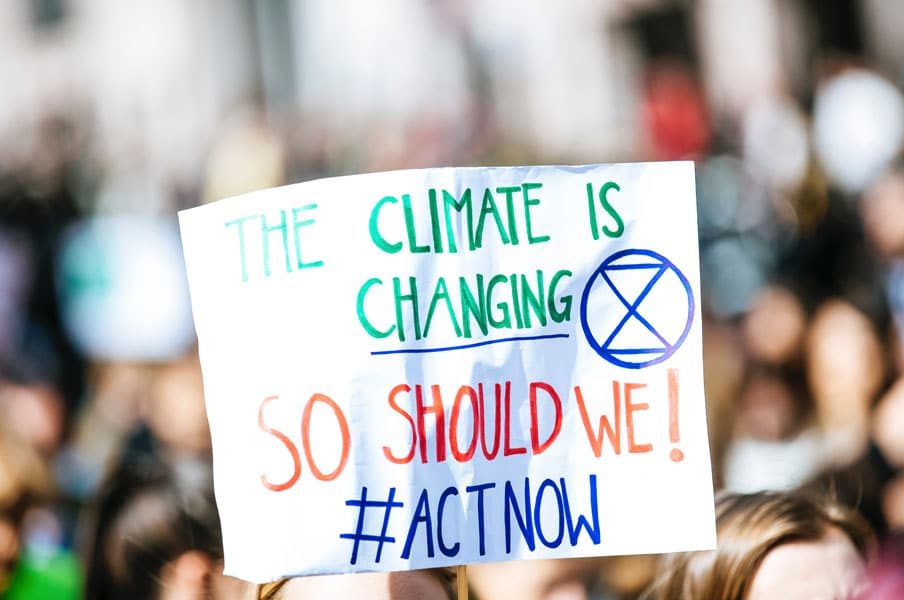Climate scientists record and analyze data on temperature, weather, storms, biological systems, and their fluctuations across the globe. Governmental agencies also use this data to give reports and updates on climate patterns in their country or region, as policies and laws are often generated through scientific findings to protect citizens and the environment.
According to a report from NASA, 97% of active climate scientists agree that climate change in our modern-day is likely caused by human activities, with greenhouse gas emissions being the primary driver. Despite an apparent scientific consensus on the cause of climate change we see and hear about today, there has never been a greater divide among the public about climate change information and perceived threats.
This divide has been perpetuated by political wars and misinformation constructed by organizations, news corporations, political figures, and social media discord. The Institute for Strategic Dialogue and the Climate Action Against Disinformation Coalition has recently piloted research into how misinformation is spread and categorized the collected misinformation into common themes.
What they have found is that direct claims against the existence of climate change are less common and have been replaced with dialogue and disinformation aimed to delay, distract and misinform. Ultimately, these tactics hinder advancements in climate change regulations, technology, investments, and environmental protections.
The groups were able to identify three main categories of social media posts regarding anti-climate dialogue over an 18-month period. Over the 18 months, social media posts peaked before, during, and after the 26th annual United Nations Climate Change Conference (COP26) in Glasgow. The annual conference gathers political leaders from across the globe to discuss climate change regulations and concerns and generate environmental protection goals.
The three categories that most anti-climate social media posts fell under, according to the report, are; elitism and hypocrisy, absolution, and unreliable renewables. The focus of these categories were found to incite conspiracy, place blame on other countries for the majority of climate issues, and question the effectiveness of renewable energy technology.
In general, posts across Twitter, Facebook and other social media platforms that generated the most prominent content came from accounts from verified users with academic backgrounds. Meaning, posts that were more likely to be shared and those that generated the most engagement were posted by self-acclaimed specialists and those with high influence on social media.
Conservative news companies often bring on “experts” to discuss misleading anti-climate change information in hopes of sparking controversy and doubt about the severity of climate change among viewers.
Consequences of such discussions are the ability to sway political agendas and encourage the public to distrust science, often leading to conspiracy theories and hate speech. Governments are encouraged to pay close attention to discord on social media and to navigate restrictions on organizations (including news outlets) sharing blatant incorrect information.
Like what we have to say? Sign up to subscribe to email alerts and you’ll never miss a post.










